MAC Timeline
Click a section to see more information.

Define the Episode
 Episode Timing:
Episode Timing:
When does the episode start, and how long does it last?
Episode Start
Live birth identified through retrospective review of claims
OR
Health plan / Payer notification during prenatal time period
Episode Length
Episode “look-back”
- 270 days prior to delivery (so long as the woman was pregnant in this time period)
OR
- First visit when pregnancy is confirmed
Episode “look-forward”
- 60 days postpartum for mom (most common) or other time period
- 30 days postpartum for baby (if baby is included) or other time period

Patient Population:
How do payers and providers know which patient is being cared for under an episode-based payment?
- Include all patients
- Establish exclusions:
- High-risk pregnancies (which can be defined in many ways and negotiable, and identified after-the-fact for retrospective episodes).
Women who did not receive care from delivering provider during the prenatal time period. - Women whose pregnancy was not confirmed until a pre-negotiated week of pregnancy (this includes women who did not seek services at the start of their pregnancy).

Services:
What services are included? Do those services cover care for the baby?
- All services inclusive of pregnancy or a smaller subset
- If baby is included in episode – consider whether NICU costs will be included, if they occur.
RELATED EVENTS
Setting the Patient Population – Thursday, May 4, 2017
Set the Episode Price/Budget
 Establishing the Price/Budget:
Establishing the Price/Budget:
What data is available?
Based on historical averages of:
- an individual physician
- a provider group
- ACO or IPA
- geography or marketplace
Based on expected services using payer rates:
- Calculated by identifying all expected services within an episode and using payer rates to build the episode.

Type of Risk:
Will the base price (budget) be adjusted for other factors?
Risk Adjustment Options
- Will the episode be risk-adjusted (and if so, how) OR will it be a flat rate?
- Will the payer offer a margin for providers (might be considered when provider efficiency is high)?
- Will the payer implement an underuse fee, whereby if certain services aren’t offered they will be automatically added to the price (budget) to prevent underuse of care?
- Will the payer offer stop-loss protection for outlier cases?

Level of Risk:
What risk model will be used with providers?
Identify the Risk Model
- Will the payer share any savings the provider generates? If so, what percentage?
- Will the payer expect the provider to share in any losses that are incurred? If so, what percentage?
- Will the provider be fully responsible for all losses and able to keep all savings it generates?
- Will the payer automatically take a percentage of the price as its built in savings?
RELATED EVENT
Incorporate Quality Measures
 Which measures will be utilized to measure quality?
Which measures will be utilized to measure quality?
Identify Relevant Quality Measures
- Identify areas for improvement based on current performance
- Engage providers and stakeholders in choosing measures
- Consider measures already collected, reported or publicly available, including those used by other payers
- Consider measures with state, regional or national benchmarks

How will the payer and provider determine performance?
Determine How to Reward Quality
- Performance relative to benchmarks or targets
- Performance relative to other providers
- Performance relative to past performance

How will performance on measures be tied to savings or risk?
Determine How Quality will Affect the Episode Financial Model
- Integrate quality directly into the financial model and allow for performance to adjust the savings (or loss) percentages
- Use quality performance independently of the financial model, and reward with a separate quality bonus pool or another mechanism.
RELATED EVENTS
Operationalize Payment
 How will the payer operationalize the episode-based payment?
How will the payer operationalize the episode-based payment?
- Fee-for-service with retrospective reconciliation to the episode budget.
- Prospectively paid at the start of the episode. (If this option is chosen, the trigger can’t be a live birth.)

When will reconciliation payments be made?
- With what frequency will the payer reconcile payments?
- Will the provider face penalties for claims not submitted in a timely manner?
- Will the payer face penalties for late reconciliation?

How will the payer distribute payments to the contracting entity?
- Depending on the contracting method, the payer needs to identify how payments will be distributed.
- Will accountable providers have any requirements to distribute shared savings payments to subcontractors (if applicable?)

How will data be used to assist providers in managing to an episode budget?
- What data should providers expect to get from payers to help them track costs relative to budget for each episode?
- How will the data be shared, (e.g., web portal) and with what frequency (e.g., monthly, near-real-time)?
Contract with Providers
 Which providers are ready for a maternity episode-based payment?
Which providers are ready for a maternity episode-based payment?
- Identify providers amenable and have licensure to contracting for episodes
- Share data to engage providers
- Conduct readiness assessments

Which providers will have contractual obligations?
- Payer contracts with one principal accountable provider
- Payer contracts with one provider, which in turn subcontracts with other providers
- Payer contracts with each partnering provider

What details should be included in the maternity episode-based contract?
Create and Execute Contract
- Episode definitions (with specificity of billing codes)
- Terms of payment
- Appeals process
- Provider responsibility for reporting, frequency of claims submission
- Payer responsibility for data sharing

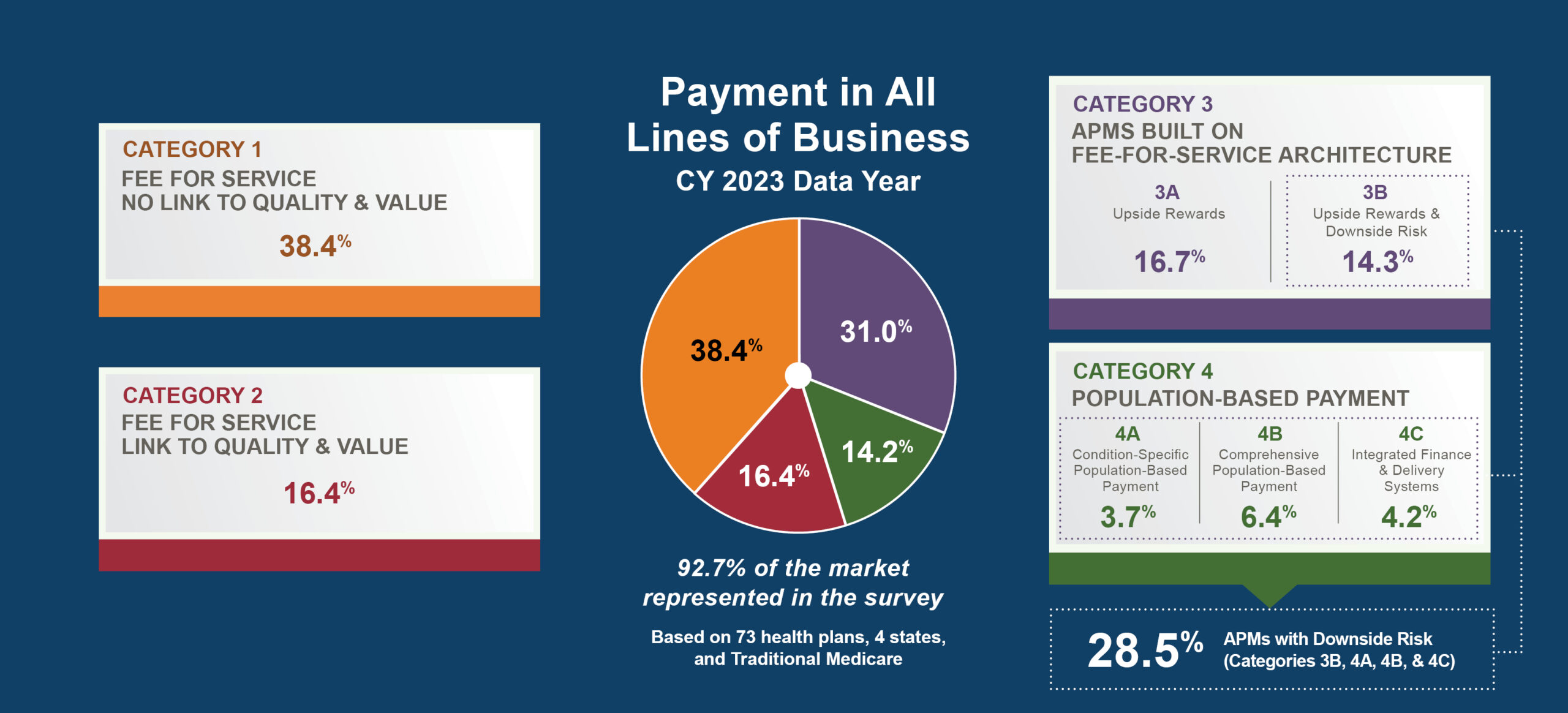

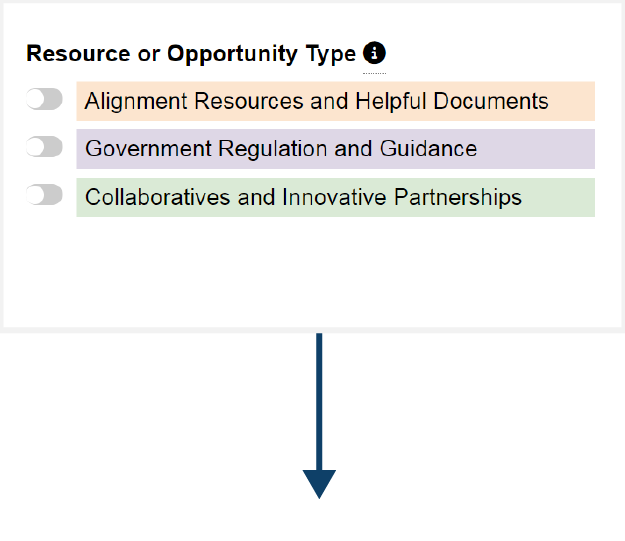
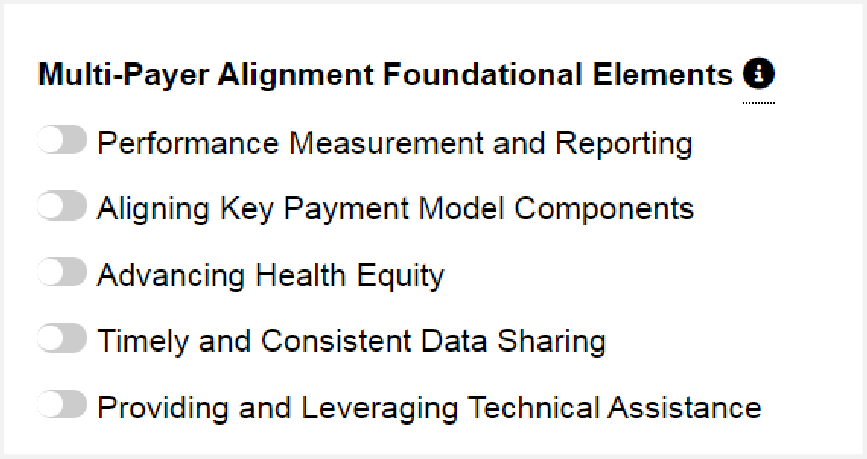
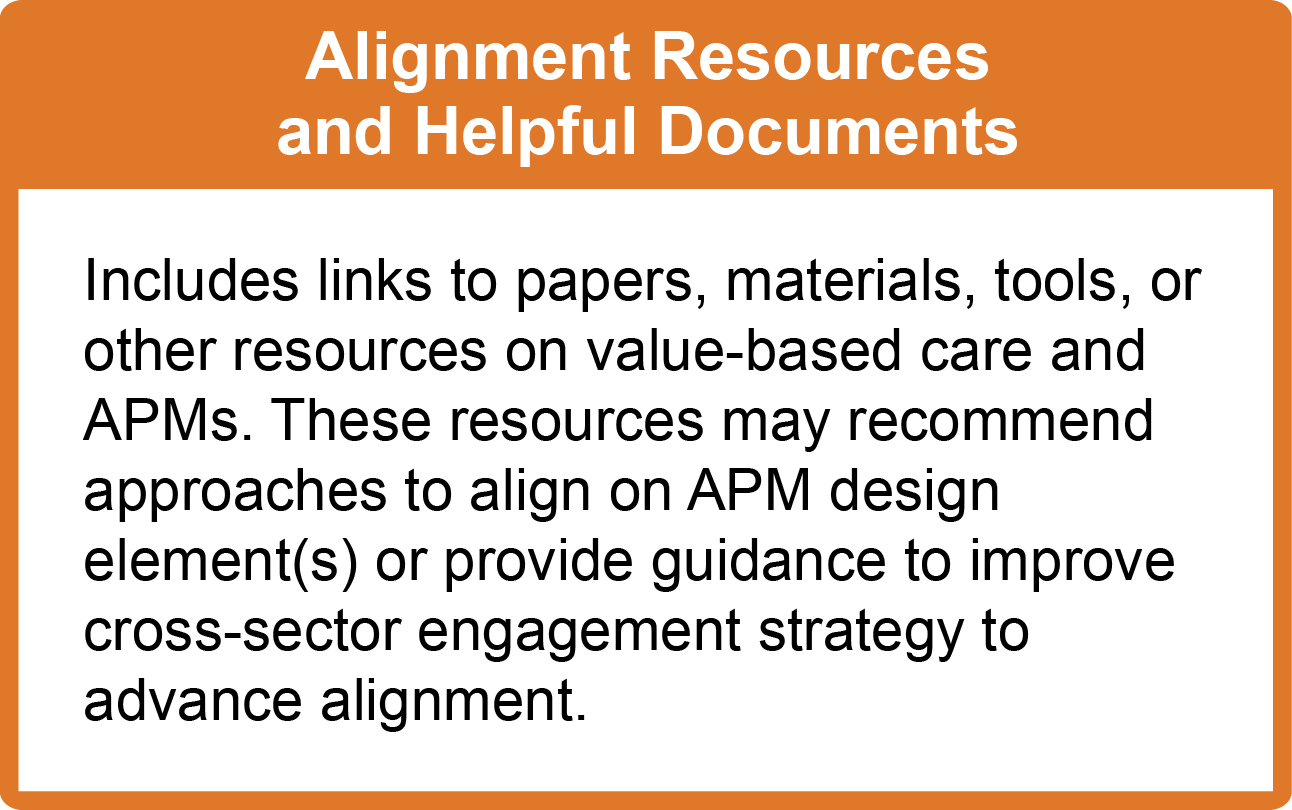

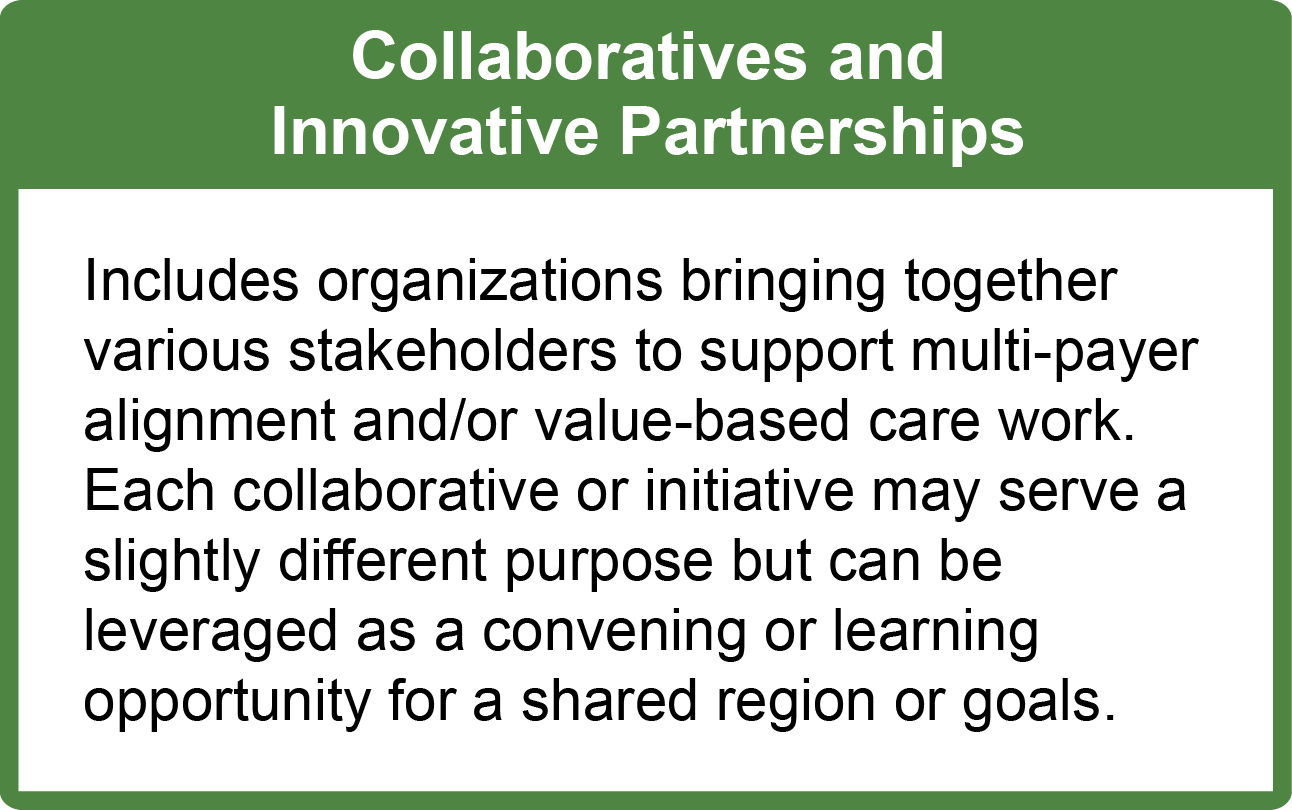

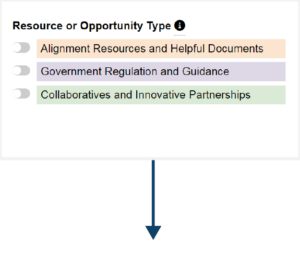
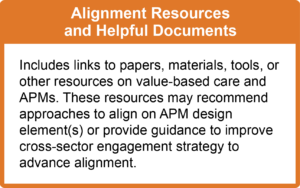

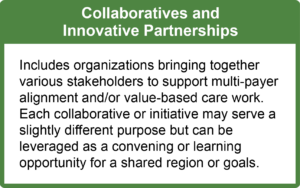
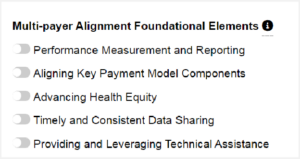
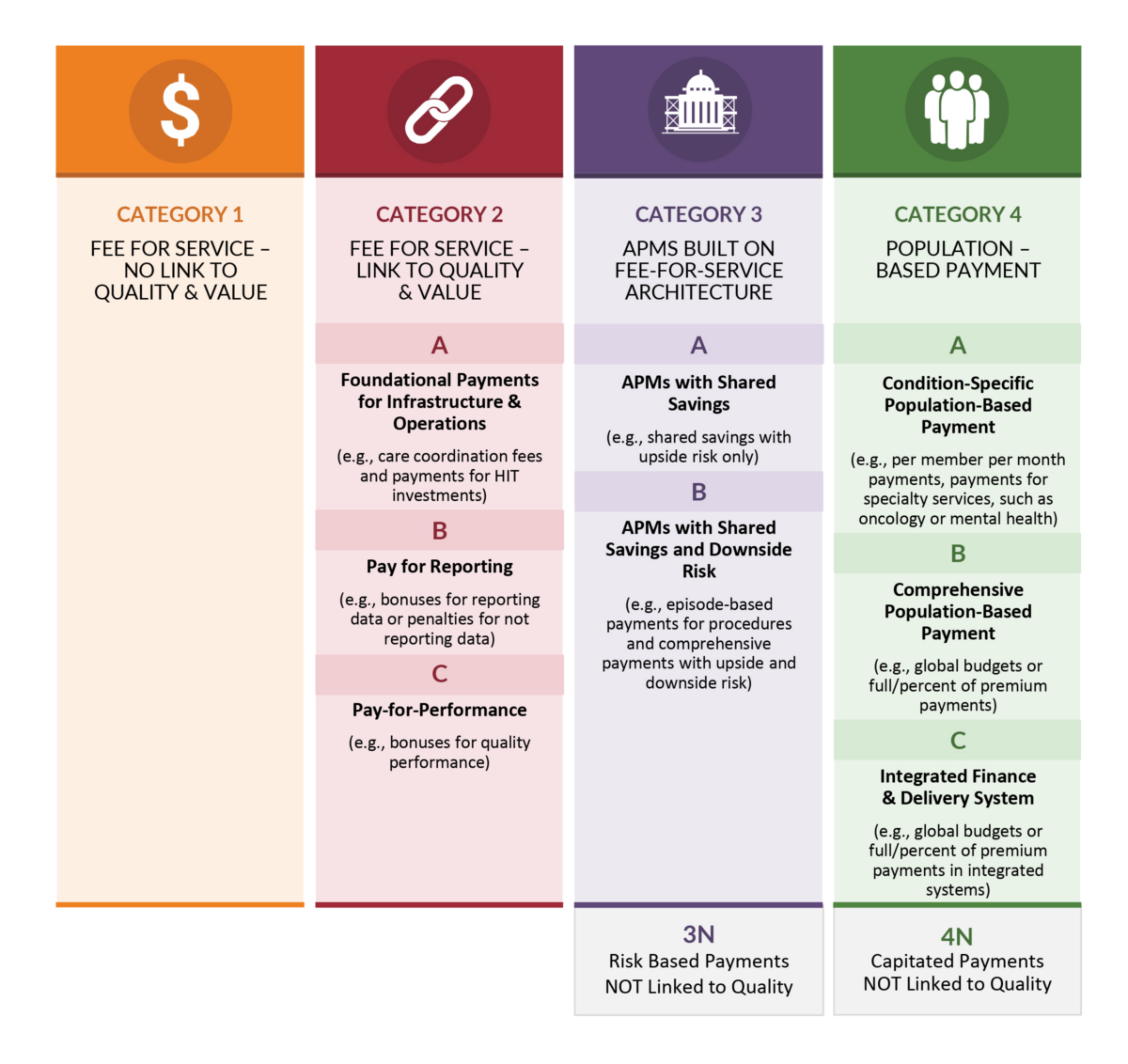
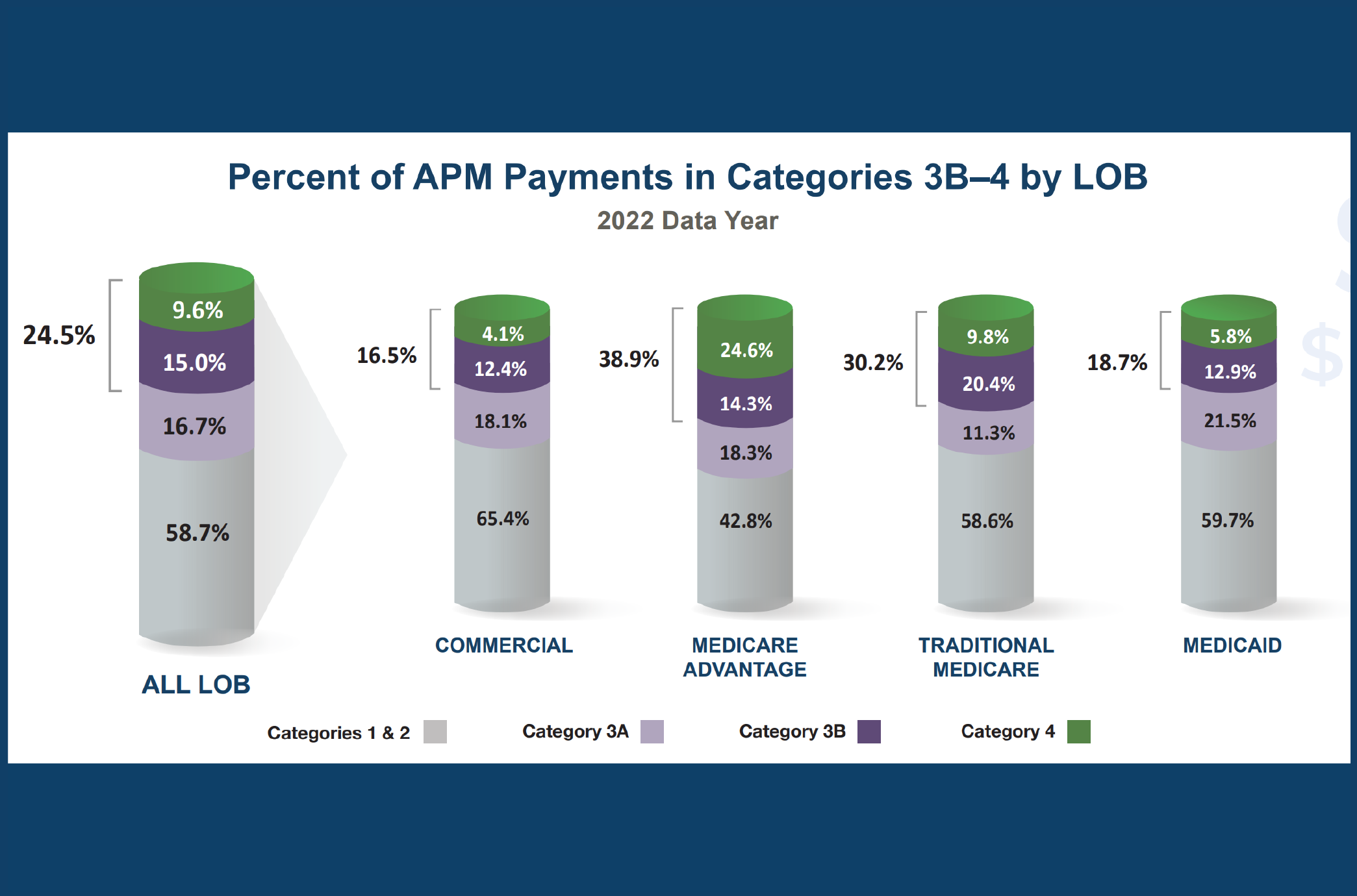
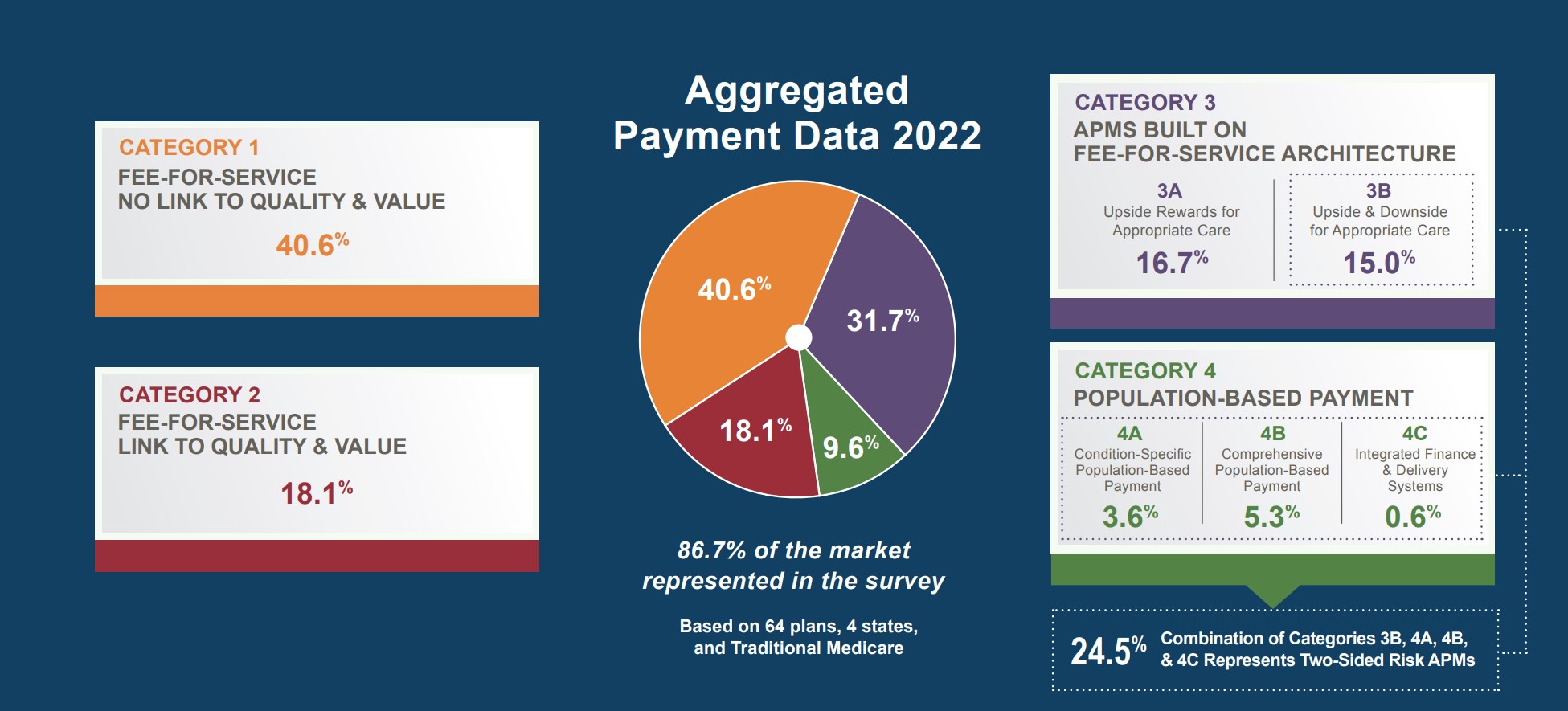

 Emily DuHamel Brower, M.B.A., is senior vice president of clinical integration and physician services for Trinity Health. Emphasizing clinical integration and payment model transformation, Ms. Brower provides strategic direction related to the evolving accountable healthcare environment with strong results. Her team is currently accountable for $10.4B of medical expense for 1.6M lives in Medicare Accountable Care Organizations (ACOs), Medicare Advantage, and Medicaid and Commercial Alternative Payment Models.
Emily DuHamel Brower, M.B.A., is senior vice president of clinical integration and physician services for Trinity Health. Emphasizing clinical integration and payment model transformation, Ms. Brower provides strategic direction related to the evolving accountable healthcare environment with strong results. Her team is currently accountable for $10.4B of medical expense for 1.6M lives in Medicare Accountable Care Organizations (ACOs), Medicare Advantage, and Medicaid and Commercial Alternative Payment Models. Mr. James Sinkoff is the Deputy Executive Officer and Chief Financial Officer for Sun River Health (formerly known as Hudson River HealthCare), and the Chief Executive Officer of Solutions 4 Community Health (S4CH); an MSO serving FQHCs and private physician practices.
Mr. James Sinkoff is the Deputy Executive Officer and Chief Financial Officer for Sun River Health (formerly known as Hudson River HealthCare), and the Chief Executive Officer of Solutions 4 Community Health (S4CH); an MSO serving FQHCs and private physician practices. Victor is the Chief Medical Officer for TennCare, Tennessee’s Medicaid Agency. At TennCare, Victor leads the medical office to ensure quality and effective delivery of medical, pharmacy, and dental services to its members. He also leads TennCare’s opioid epidemic strategy, social determinants of health, and practice transformation initiatives across the agency. Prior to joining TennCare, Victor worked at Evolent Health supporting value-based population health care delivery. In 2013, Victor served as a White House Fellow to the Secretary of Health and Human Services. Victor completed his Internal Medicine Residency at Emory University still practices clinically as an internist in the Veteran’s Affairs Health System.
Victor is the Chief Medical Officer for TennCare, Tennessee’s Medicaid Agency. At TennCare, Victor leads the medical office to ensure quality and effective delivery of medical, pharmacy, and dental services to its members. He also leads TennCare’s opioid epidemic strategy, social determinants of health, and practice transformation initiatives across the agency. Prior to joining TennCare, Victor worked at Evolent Health supporting value-based population health care delivery. In 2013, Victor served as a White House Fellow to the Secretary of Health and Human Services. Victor completed his Internal Medicine Residency at Emory University still practices clinically as an internist in the Veteran’s Affairs Health System. Dr. Brandon G. Wilson, DrPH, MHA (he, him, his) joined Community Catalyst as the Director of the Center for Consumer Engagement in Health Innovation, where he leads the Center in bringing the community’s experience to the forefront of health systems transformation and health reform efforts, in order to deliver better care, better value and better health for every community, particularly vulnerable and historically underserved populations. The Center works directly with community advocates around the country to increase the skills and power they have to establish an effective voice at all levels of the health care system. The Center collaborates with innovative health plans, hospitals and providers to incorporate communities and their lived experience into the design of systems of care. The Center also works with state and federal policymakers to spur change that makes the health system more responsive to communities. And it provides consulting services to health plans, provider groups and other health care organizations to help them create meaningful structures for engagement with their communities.
Dr. Brandon G. Wilson, DrPH, MHA (he, him, his) joined Community Catalyst as the Director of the Center for Consumer Engagement in Health Innovation, where he leads the Center in bringing the community’s experience to the forefront of health systems transformation and health reform efforts, in order to deliver better care, better value and better health for every community, particularly vulnerable and historically underserved populations. The Center works directly with community advocates around the country to increase the skills and power they have to establish an effective voice at all levels of the health care system. The Center collaborates with innovative health plans, hospitals and providers to incorporate communities and their lived experience into the design of systems of care. The Center also works with state and federal policymakers to spur change that makes the health system more responsive to communities. And it provides consulting services to health plans, provider groups and other health care organizations to help them create meaningful structures for engagement with their communities. Tamara Ward is the SVP of Insurance Business Operations at Oscar Health, where she leads the National Network Contracting Strategy and Market Expansion & Readiness. Prior to Oscar she served as VP of Managed Care & Network Operations at TriHealth in Southwest Ohio. With over 15 years of progressive health care experience, she has been instrumental driving collaborative payer provider strategies, improving insurance operations, and building high value networks through her various roles with UHC and other large provider health systems. Her breadth and depth of experience and interest-based approach has allowed her to have success solving some of the most complex issues our industry faces today. Tam is passionate about driving change for marginalized communities, developing Oscar’s Culturally Competent Care Program- reducing healthcare disparities and improving access for the underserved population. Tamara holds a B.A. from the University of Cincinnati’s and M.B.A from Miami University.
Tamara Ward is the SVP of Insurance Business Operations at Oscar Health, where she leads the National Network Contracting Strategy and Market Expansion & Readiness. Prior to Oscar she served as VP of Managed Care & Network Operations at TriHealth in Southwest Ohio. With over 15 years of progressive health care experience, she has been instrumental driving collaborative payer provider strategies, improving insurance operations, and building high value networks through her various roles with UHC and other large provider health systems. Her breadth and depth of experience and interest-based approach has allowed her to have success solving some of the most complex issues our industry faces today. Tam is passionate about driving change for marginalized communities, developing Oscar’s Culturally Competent Care Program- reducing healthcare disparities and improving access for the underserved population. Tamara holds a B.A. from the University of Cincinnati’s and M.B.A from Miami University.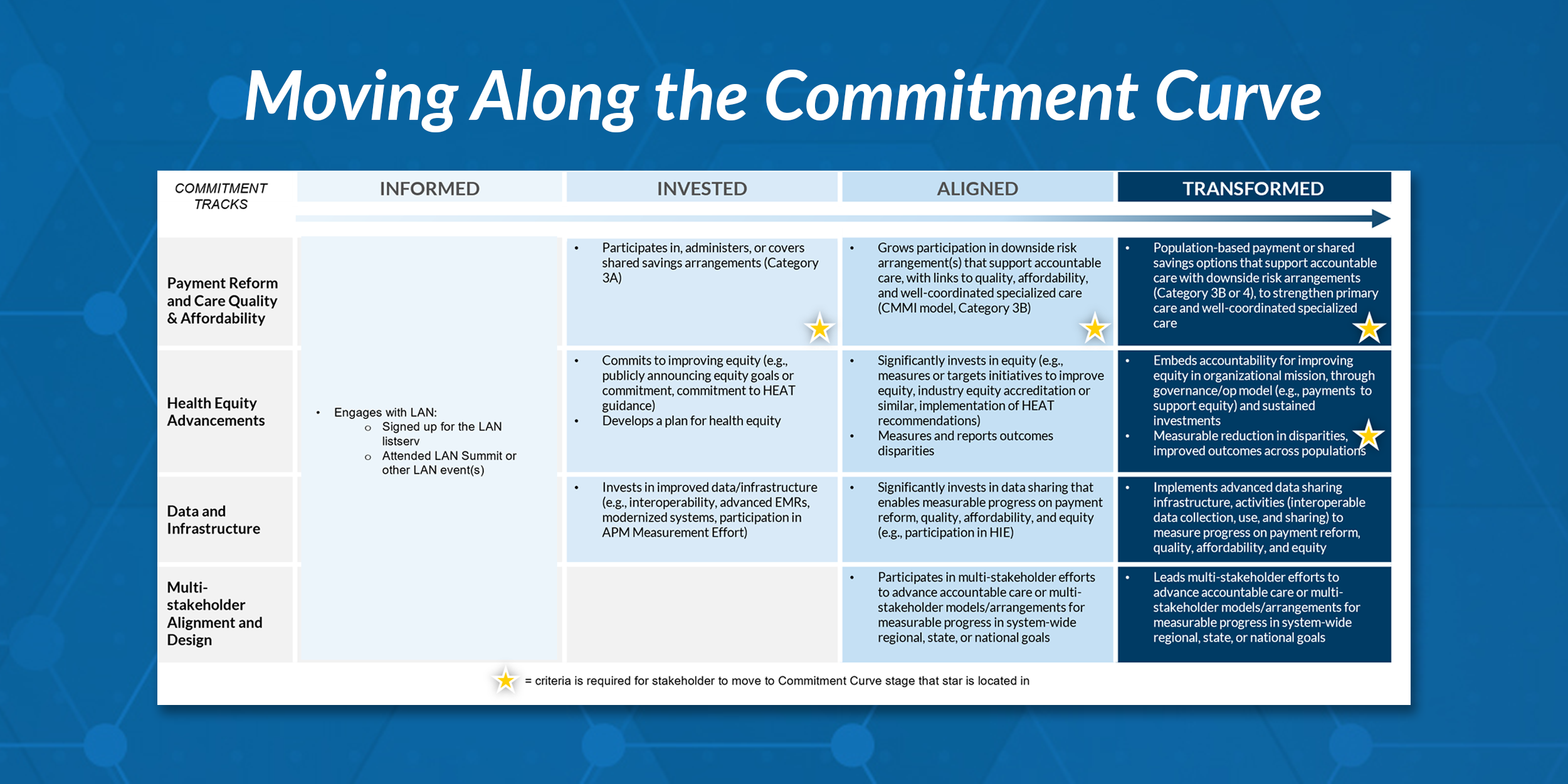
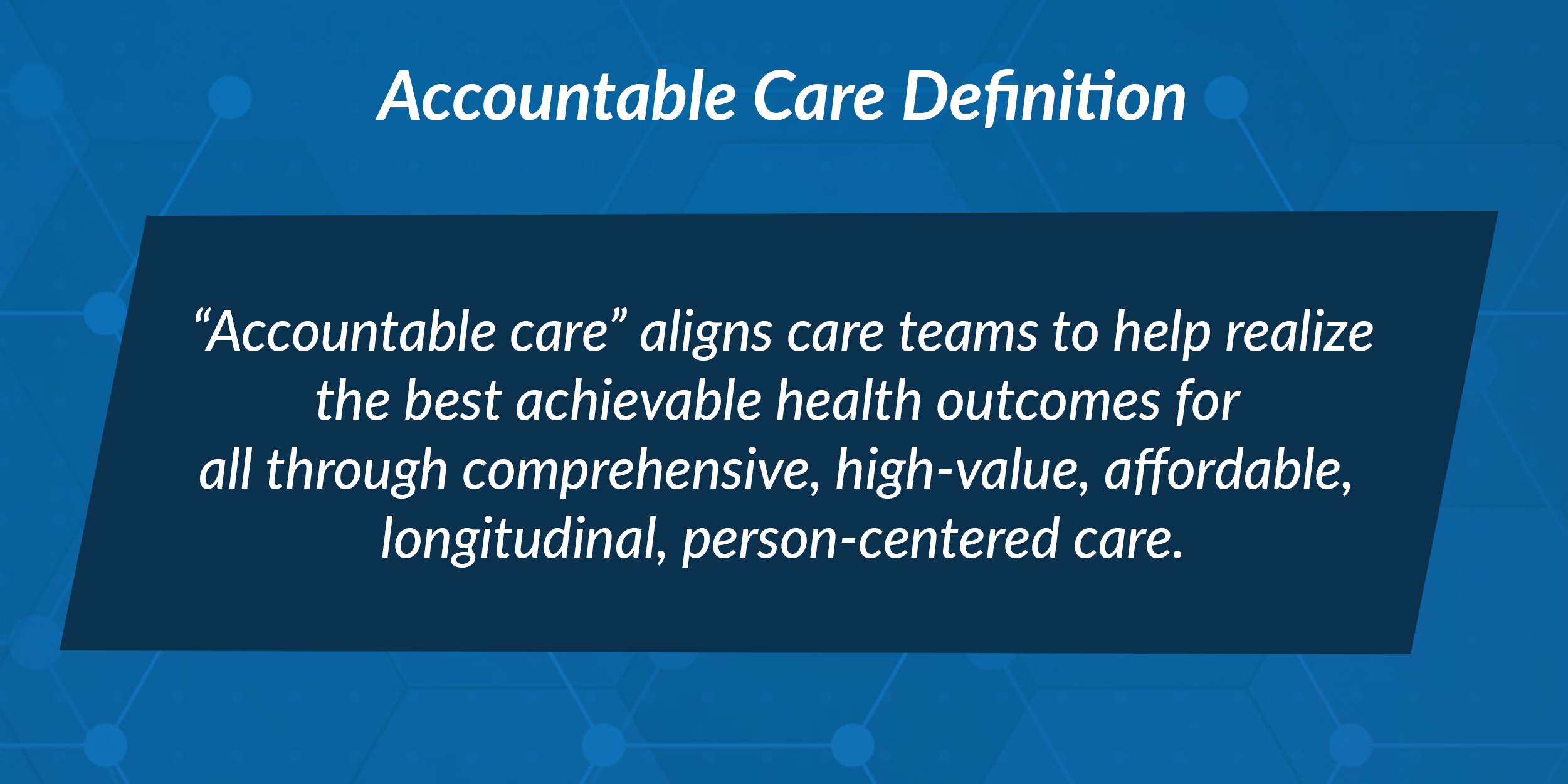
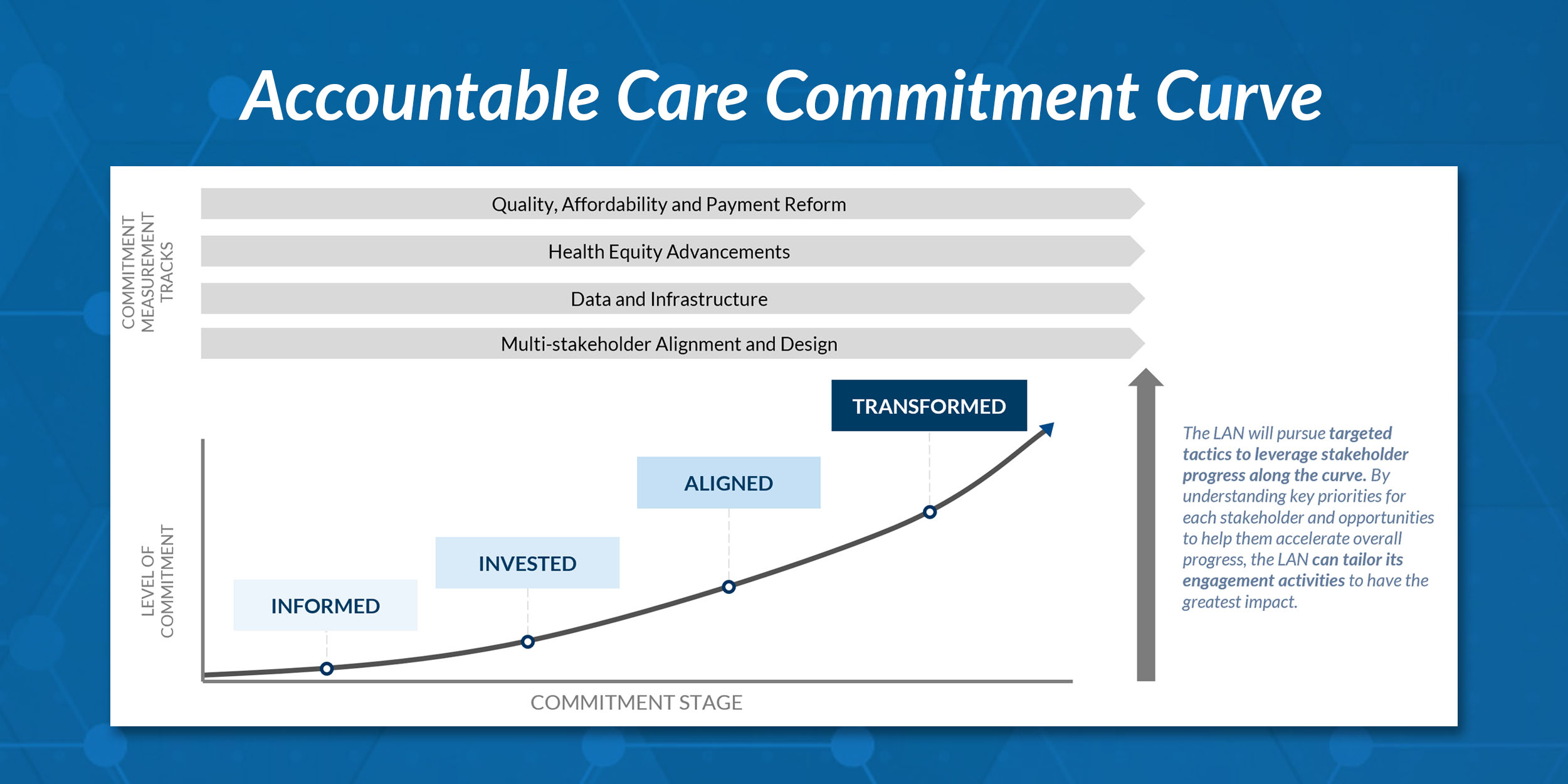
 Dr. Peter Walsh joined the Colorado Department of Health Care Policy and Financing as the Chief Medical Officer on December 1, 2020. Prior to joining HCPF, Dr. Walsh served as a Hospital Field Representative/Surveyor at the Joint Commission, headquartered in Oakbrook Terrace, Illinois.
Dr. Peter Walsh joined the Colorado Department of Health Care Policy and Financing as the Chief Medical Officer on December 1, 2020. Prior to joining HCPF, Dr. Walsh served as a Hospital Field Representative/Surveyor at the Joint Commission, headquartered in Oakbrook Terrace, Illinois.








